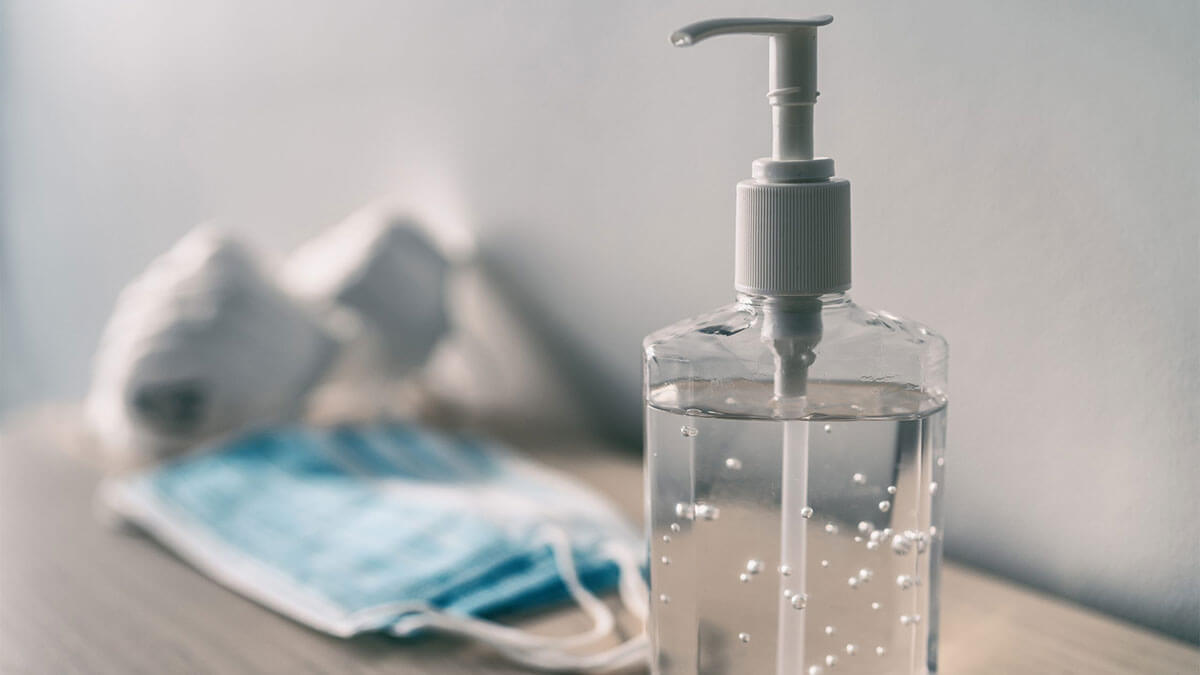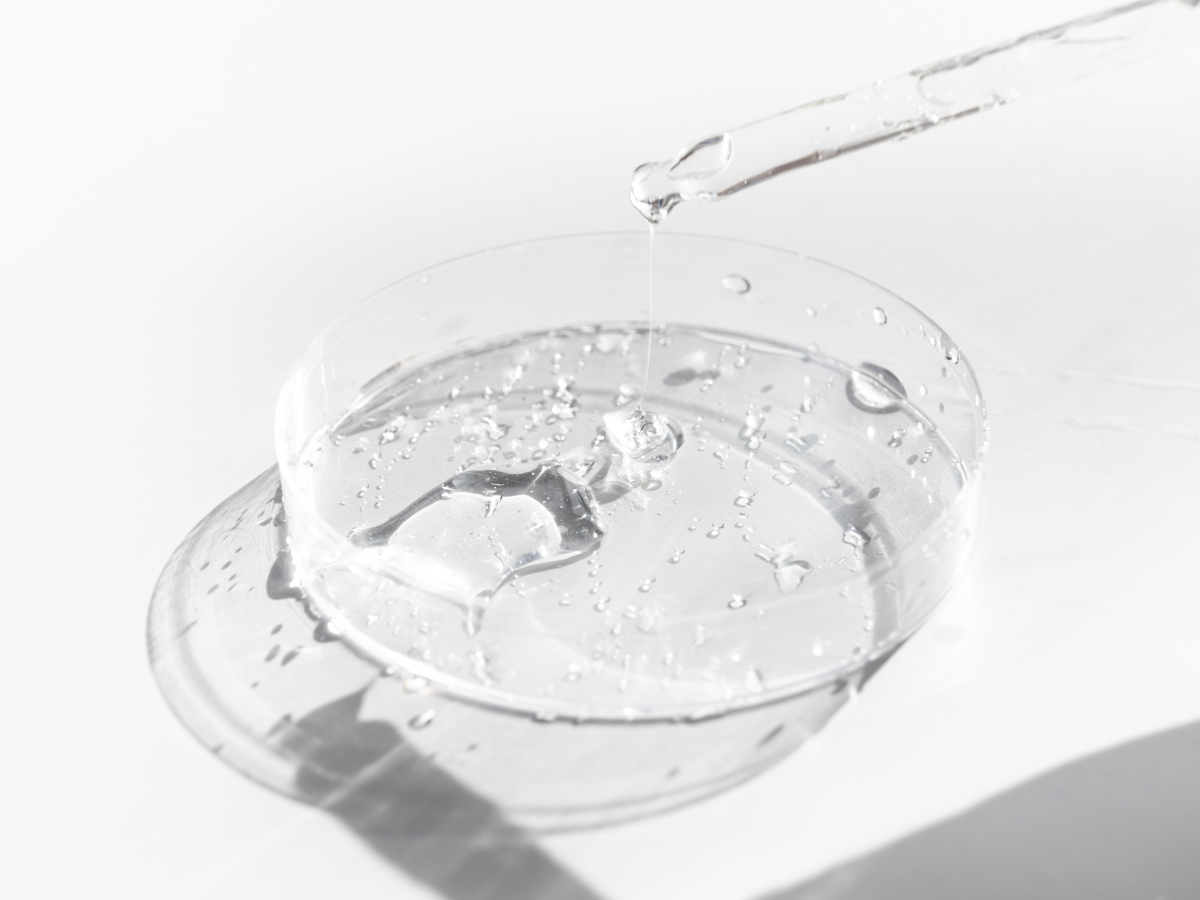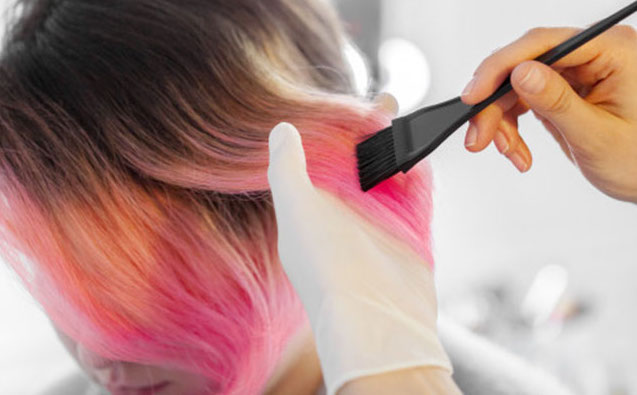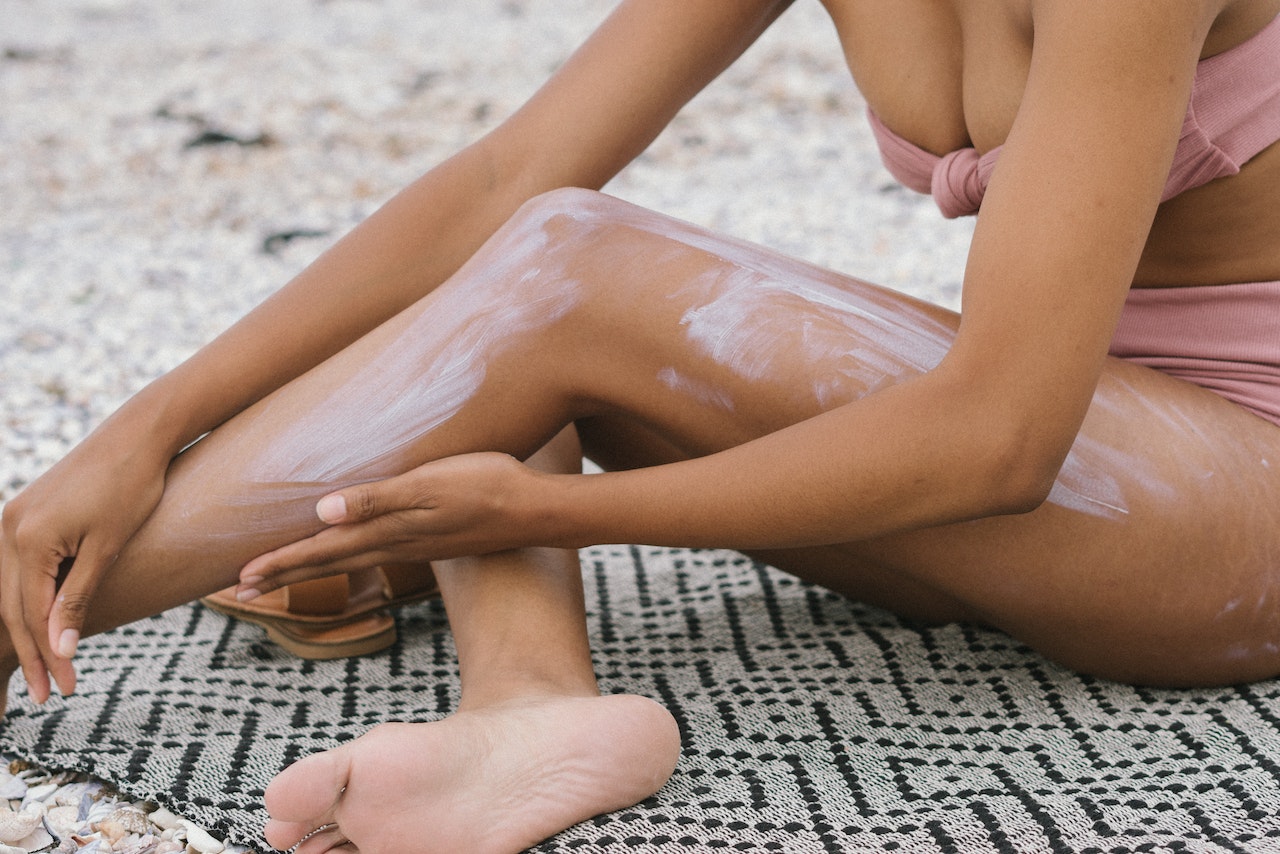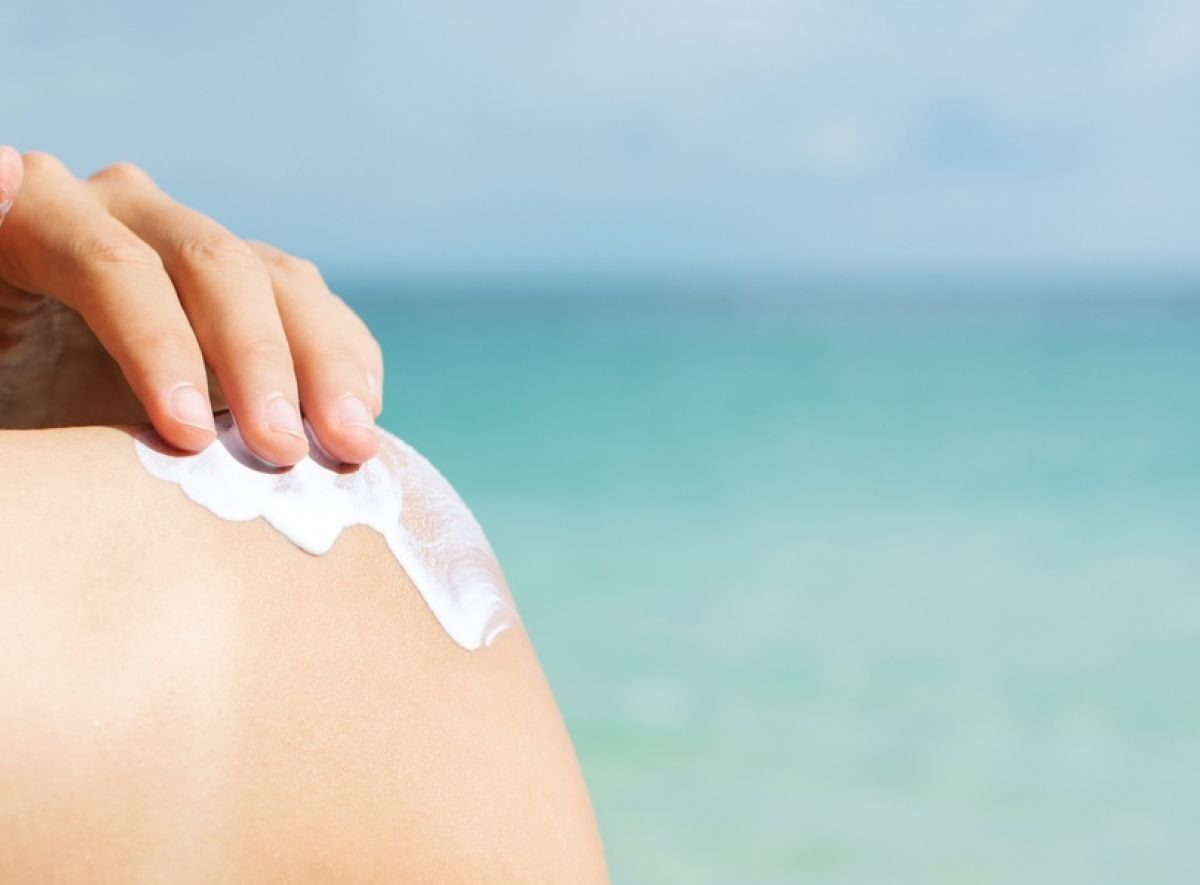As the new coronavirus that causes COVID-19 continues to spread globally, health officials have emphasized that washing one’s hands frequently and properly is one of the most effective ways of removing the virus from the skin surface to prevent the spread of infection and disinfecting them with an alcohol-based product is the best alternative when soap and water are not available.
Guidance from the Centers for Disease Control and Prevention (CDC) indicates people should scrub their hands for at least 20 seconds to effectively curb the spread of the virus. Alcohol-based hand sanitizers that contain at least 60% alcohol can also be used to rid hands of germs, though they are not as effective as soap and water at removing visible dirt.
Frequent hand washing, though a reliable way to ward off illness, can lead to and exacerbate dry skin issues. In the same way, the constant use of alcohol-based hand sanitizers strips the skin of its natural and protective oils and can potentially dry and crack the skin surface. The alcohol content may also cause a sensation of burning, especially on compromised skin.
Nails are affected as well with frequent hand washing and/or application of hand sanitizer and can become cracked or brittle. Contact dermatitis, both irritant and allergic, can occur with increased use of disinfectants.
At the same time, the constant use of Personal Protective Equipment (PPE) by healthcare professionals, as well as the requirement by local governments to wear masks when social distancing cannot be maintained in public places, pose a potential risk of skin irritation from use of such products.
The potential issue with skin irritation and discomfort may soon play a deleterious effect on adherence to health officials guidelines by the general population.
How to keep your hands clean and in good conditions?
Once you’ve washed your hands for at least 20 seconds, it is important to patting rather than rubbing them, which can irritate the skin. Once your hands are dry, use a hand cream to seal in the moisture. Ideal hand creams should not include irritants, known allergens or fragrances. Among the many kinds of moisturizers, hand creams are better than body lotion because they are generally more nourishing. Lotions, which are primarily water-based, can further dry out skin because the water evaporates more quickly. Creams, which are often oil-based, are more effective in moisturizing the skin after washing hands.
References:
- World Health Organization. Coronavirus disease (COVID-19) advice for the public. https://www.who.int/emergencies/diseases/novel-coronavirus-2019/advice-for-public
- Center for Disease Control and Prevention. Coronavirus Disease 2019 (COVID-19) Protect Yourself. https://www.cdc.gov/coronavirus/2019-ncov/prevent-getting-sick/prevention.html
- Lan, J., Song, Z., Miao, X., Li, H., Li, Y., Dong, L., Yang, J., An, X., Zhang, Y., Yang, L., Zhou, N., Yang, L., Li, J., Cao, J., Wang, J., & Tao, J.. Skin damage among health care workers managing coronavirus disease. Journal of the American Academy of Dermatology, 2020, 82(5), 1215–1216. https://doi.org/10.1016/j.jaad.2020.03.014
- Darlenski, R, Tsankov, N. Covid-19 pandemic and the skin -What should dermatologists know? Clinics in Dermatology, 2020. https://doi.org/10.1016/j.clindermatol.2020.03.012
- Slotosch, M., Kampf, G., Loffler, H. Effects of Disinfectants and Detergents on Skin Irritation. Contact Dermatitis, 2007, 57(4):235-41 https://pubmed.ncbi.nlm.nih.gov/17868216/

